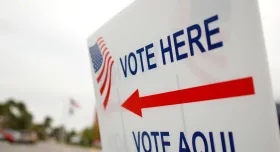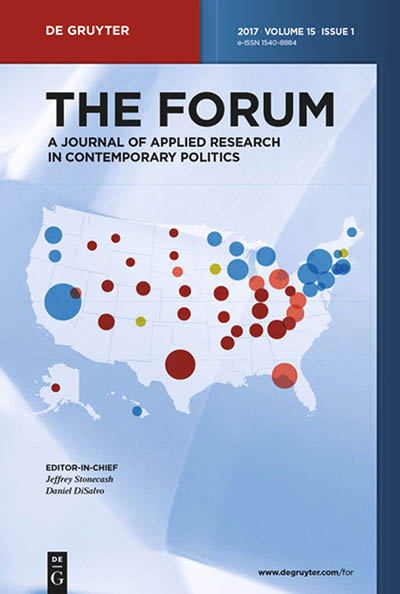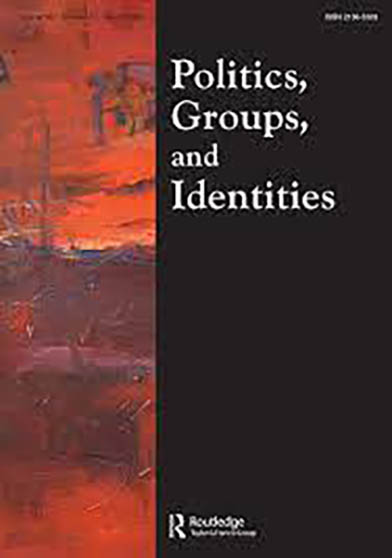Article, Refereed Journal
Aiken, A.R.A., Scott, J.G. (2016). Family Planning Policy in the United States: The Converging Politics of Abortion and Contraception. Contraception, 93(5): 412-420.
OBJECTIVES:
Following decades of mainstream bipartisan support, contraception has reemerged as a controversial political issue in the United States. At the same time, opposition to abortion has intensified. State legislatures across the country have enacted highly visible policies limiting access to family planning. Perhaps the most striking example occurred in 2011 in Texas, when legislators instituted unprecedented requirements on abortion providers and cut public funding for contraception by two thirds. Yet, despite popular interpretations of this phenomenon as a simple byproduct of increasing partisan divisions, little is understood about the factors underlying such policy shifts.
STUDY DESIGN:
We fit Bayesian ideal-point models to analyze correlation patterns in record-vote data in the Texas House of Representatives in the 2003 and 2011 Legislatures. Both sessions had large Republican majorities and saw the passage of restrictive abortion bills, but they differed markedly with respect to public funding for contraception.
RESULTS:
We demonstrate that variation in voting on family-planning issues cannot be fully attributed to partisanship in either session. However, the politics of abortion and contraception have converged over time, and - at least for Democrats - the correlation between constituency characteristics and voting behavior on family-planning legislation is markedly higher in 2011 than in 2003. These shifts have been partly driven by legislators from high-poverty, majority Latino districts near the US-Mexico border.
CONCLUSIONS:
Recent dramatic shifts in family-planning policy go beyond simple partisan divisions. As the politics of abortion and contraception have converged, policies that are increasingly hostile to reproductive health and that disproportionately affect low-income minority women have emerged.
IMPLICATIONS:
Recent shifts in family-planning policy restrict women's access to contraception and abortion, yet little research has examined why such shifts are occurring. This paper analyzes factors underlying voting behavior on restrictive policies in Texas. Identification of these factors helps us to better understand the current political climate surrounding our field.
Research Topic
Politics and the Policy Process




